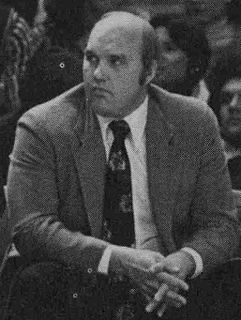A Quote by Cathie Wood
We described the coronavirus crisis as more of a shock to the system as opposed to a full-blown recession which would spiral into a depression as the economy shut down.
Related Quotes
From the Great Depression, to the stagflation of the seventies, to the current economic crisis caused by the housing bubble, every economic downturn suffered by this country over the past century can be traced to Federal Reserve policy. The Fed has followed a consistent policy of flooding the economy with easy money, leading to a misallocation of resources and an artificial 'boom' followed by a recession or depression when the Fed-created bubble bursts.
As the United States continues its slow but steady recovery from the depths of the financial crisis, nobody actually wants a massive austerity package to shock the economy back into recession, and so the odds have always been high that the game of budgetary chicken will stop short of disaster. Looming past the cliff, however, is a deep chasm that poses a much greater challenge -- the retooling of the country's economy, society, and government necessary for the United States to perform effectively in the twenty-first century.
In the large sense the primary cause of the Great Depression was the war of 1914-1918. Without the war there would have been no depression of such dimensions. There might have been a normal cyclical recession; but, with the usual timing, even that readjustment probably would not have taken place at that particular period, nor would it have been a "Great Depression.
The financial crisis and the Great Recession demonstrated, in a dramatic and unmistakable manner, how extraordinarily vulnerable are the large share of American families with very few assets to fall back on. We have come far from the worst moments of the crisis, and the economy continues to improve.
I see people allowing their lives to diminish, to become shallow, so they can't enjoy the deep wells of experience. Maybe it's always been this way, when the heart tends to shut down. If only the heart shut down and there were no repercussions, it would be O.K., but when the heart shuts down, the whole system goes into a kind of despair that is intolerable.

































